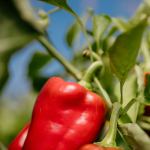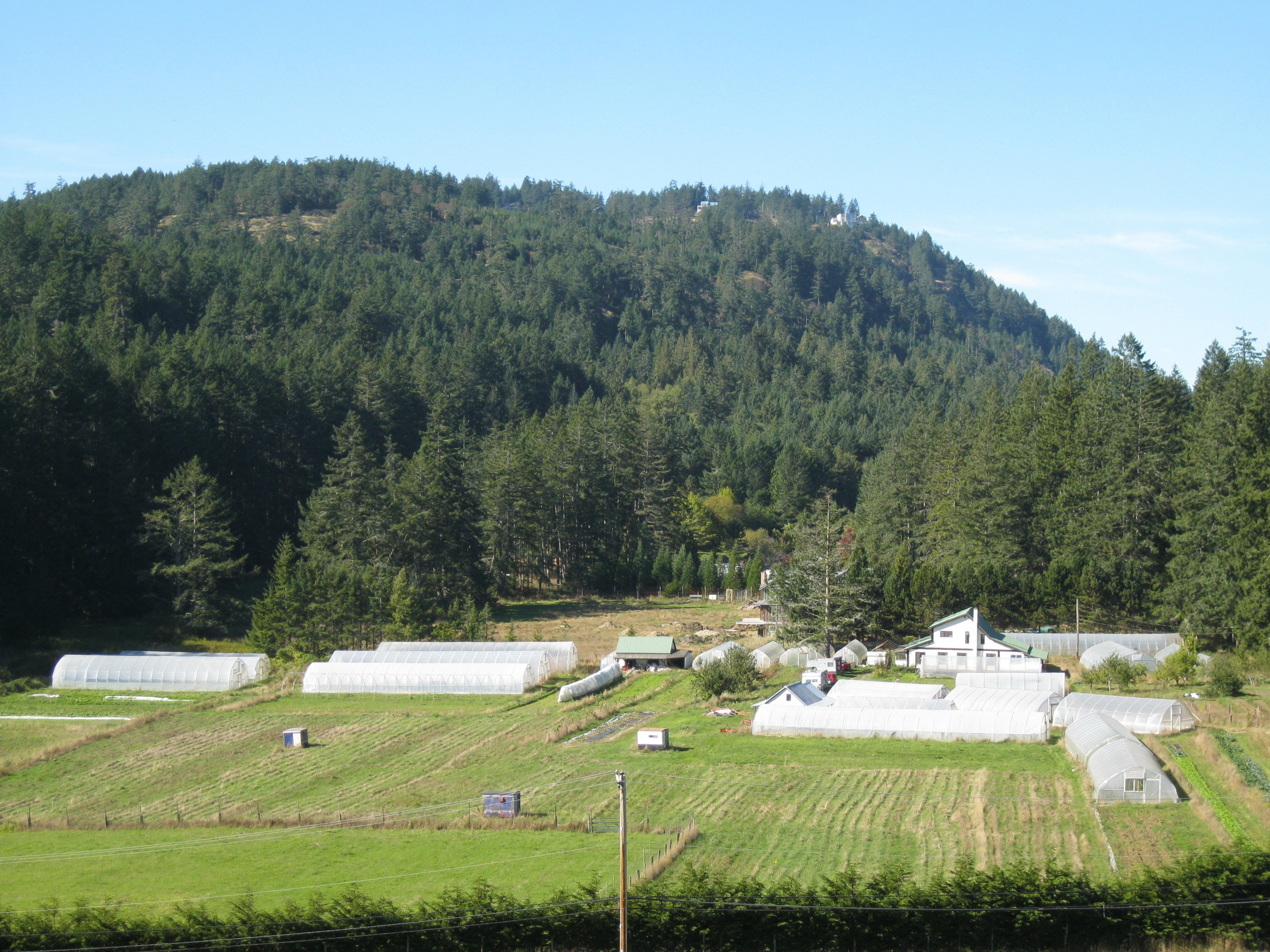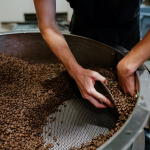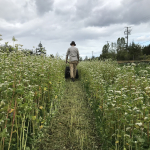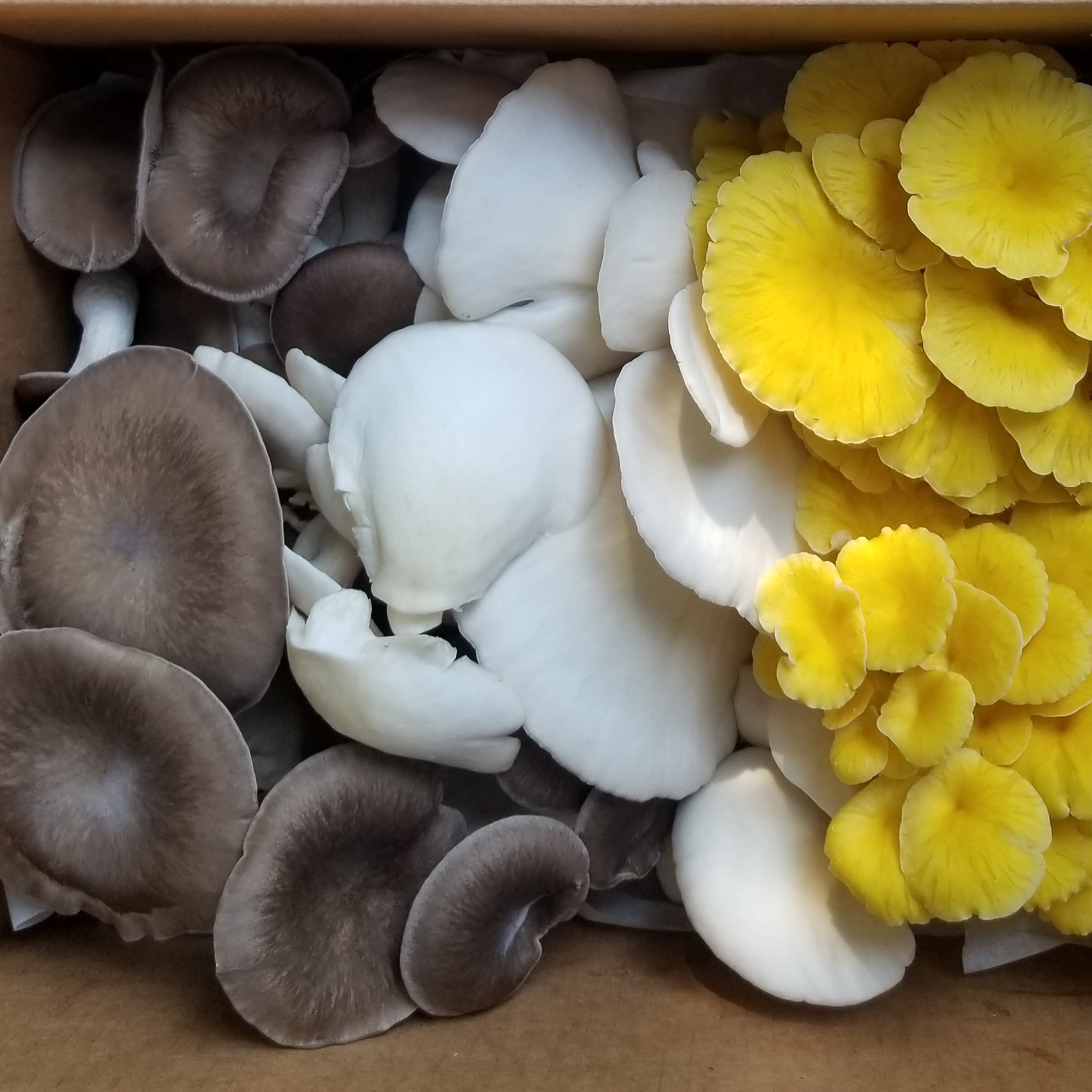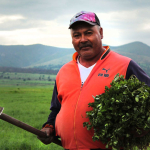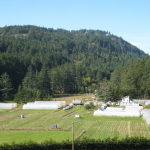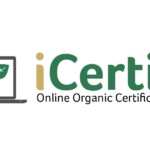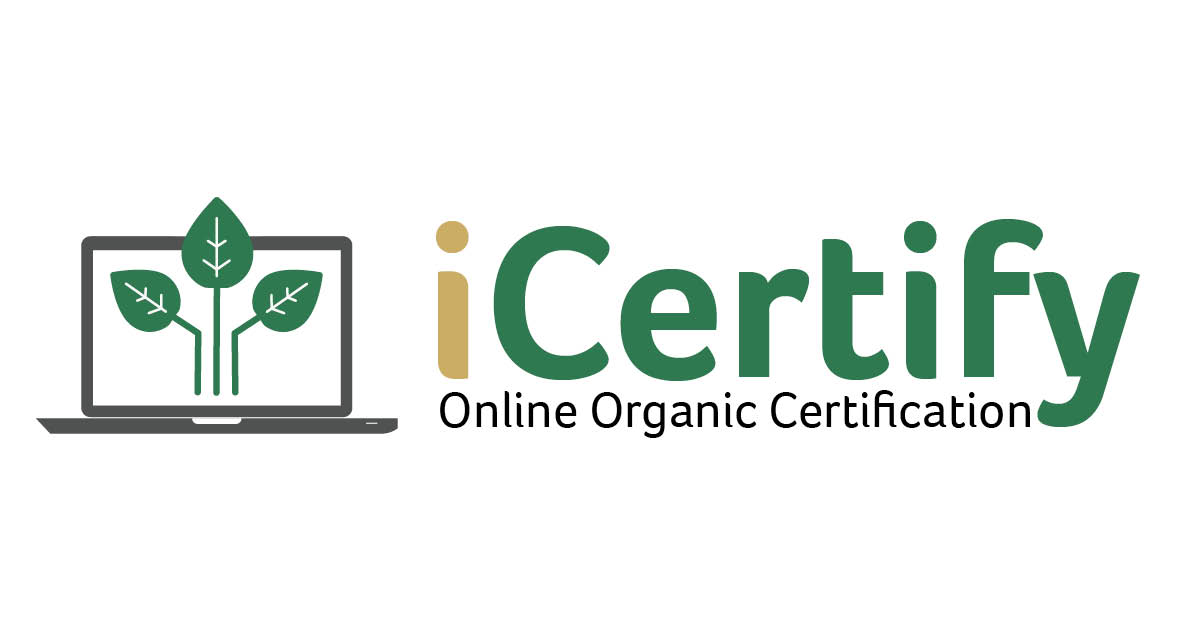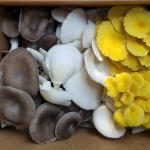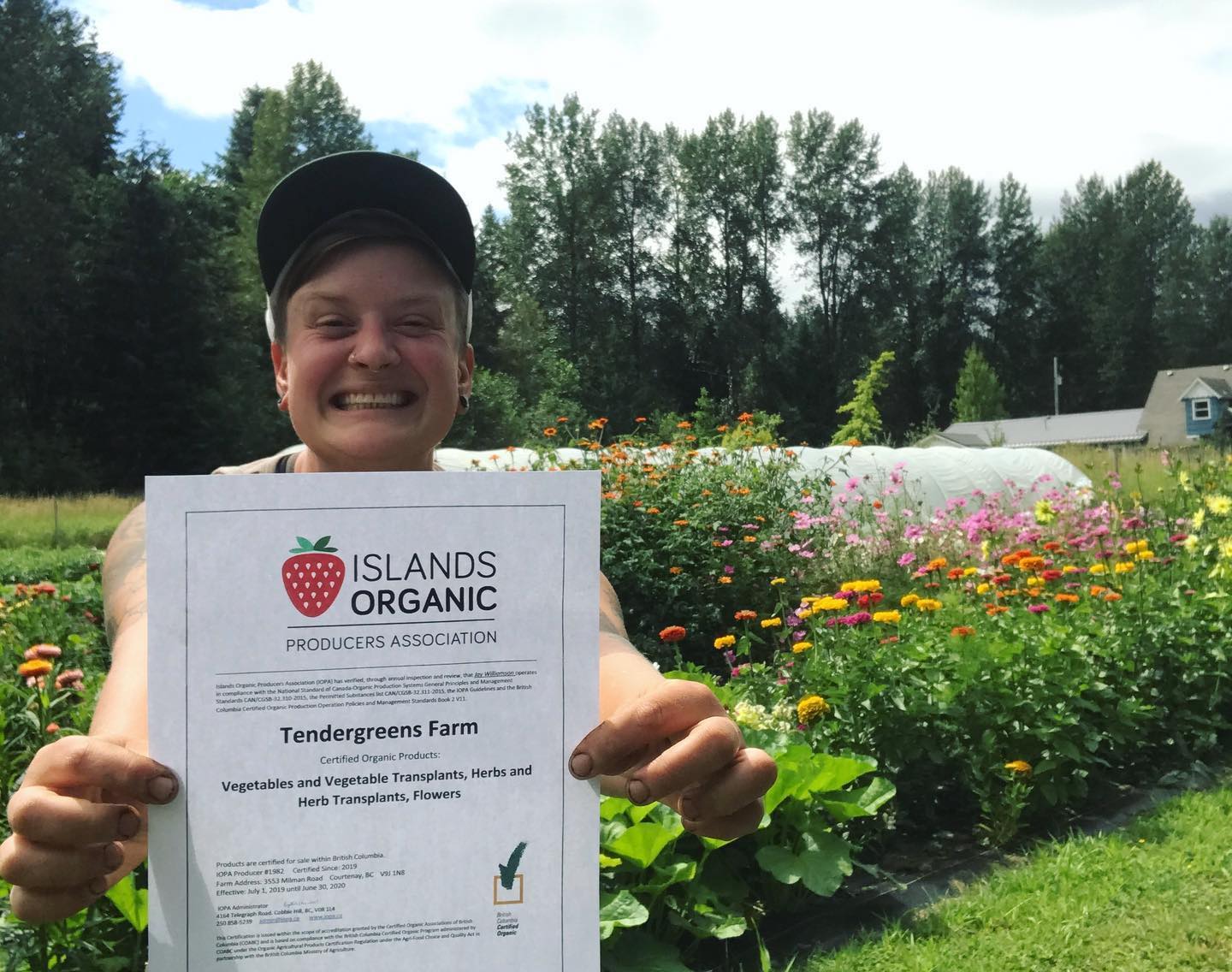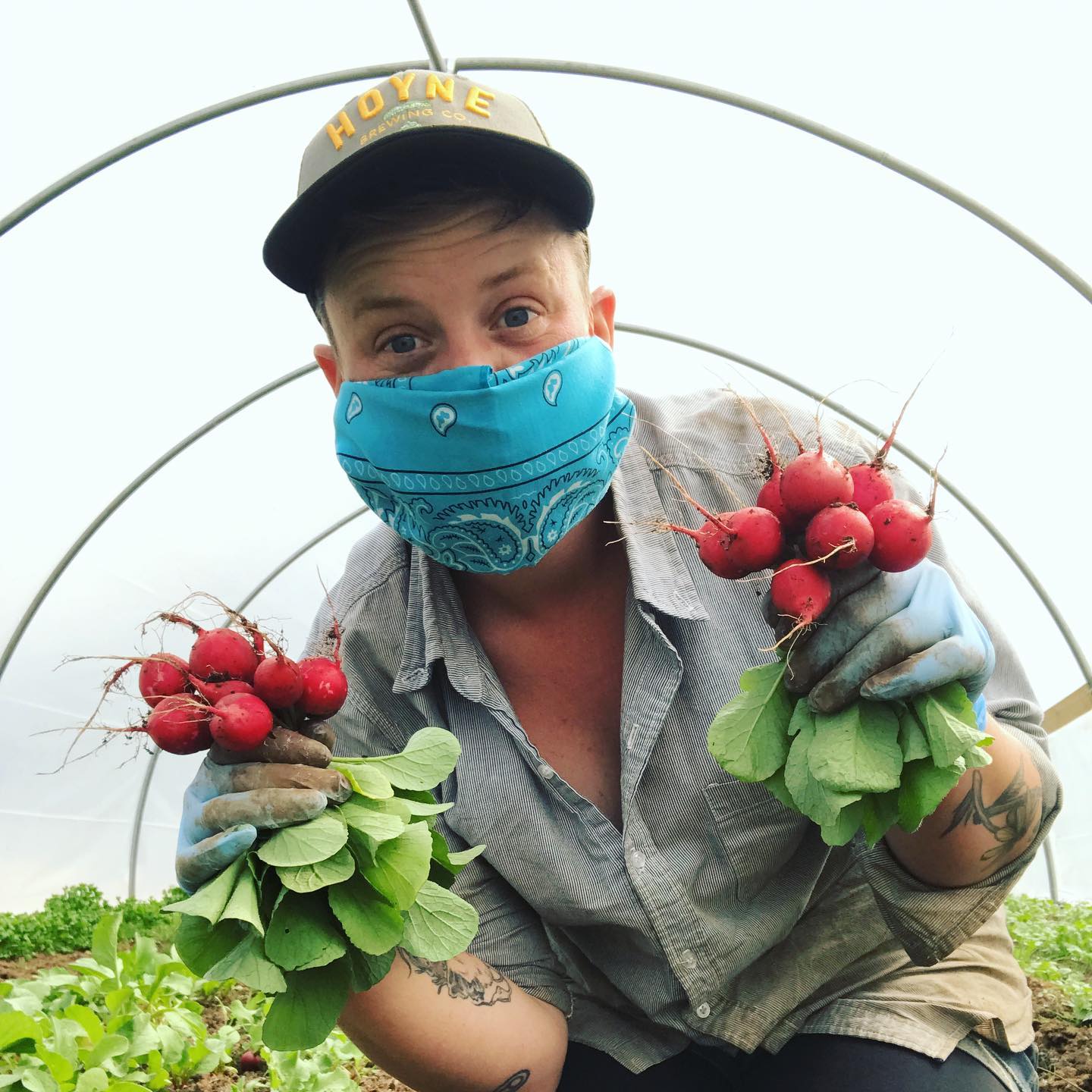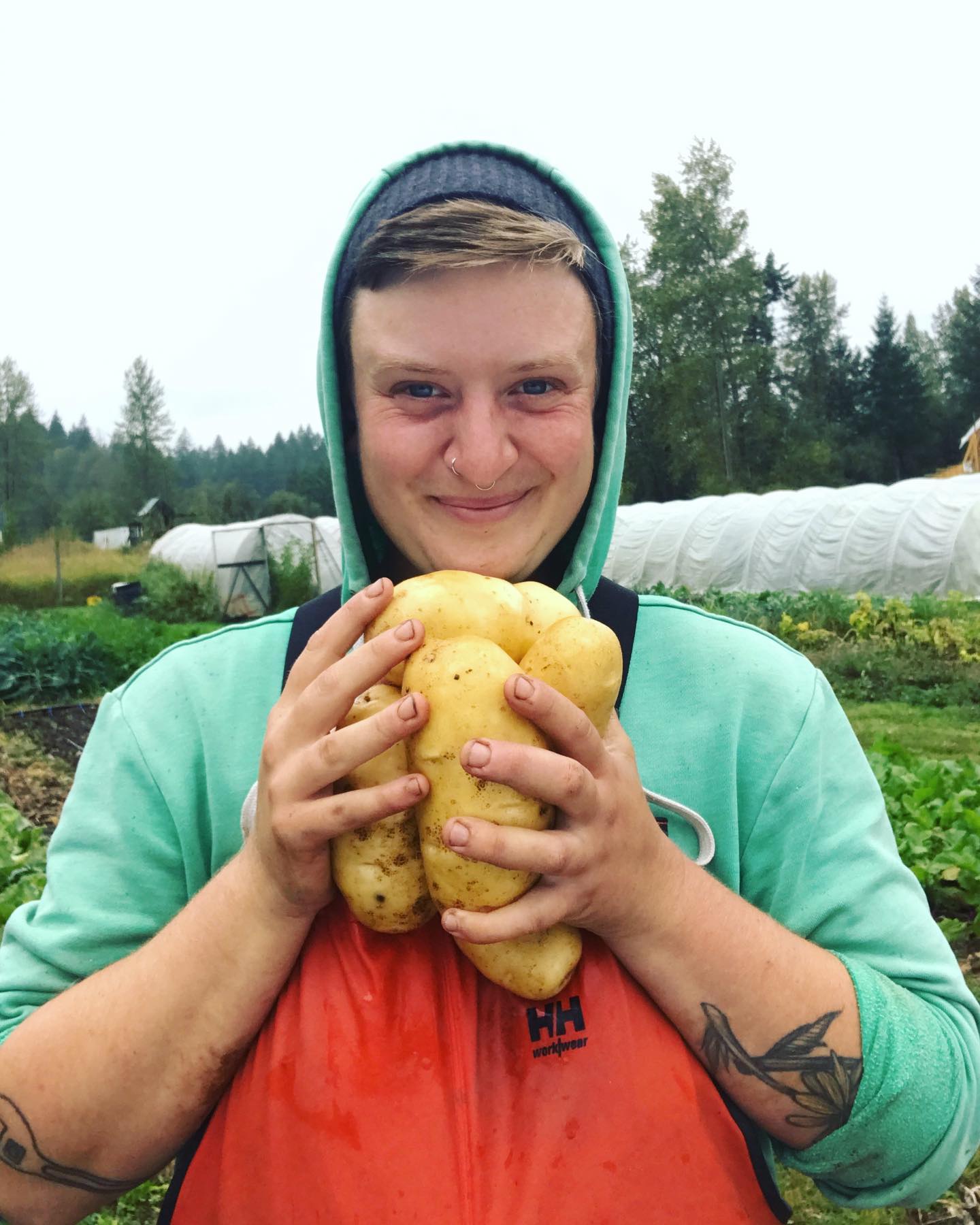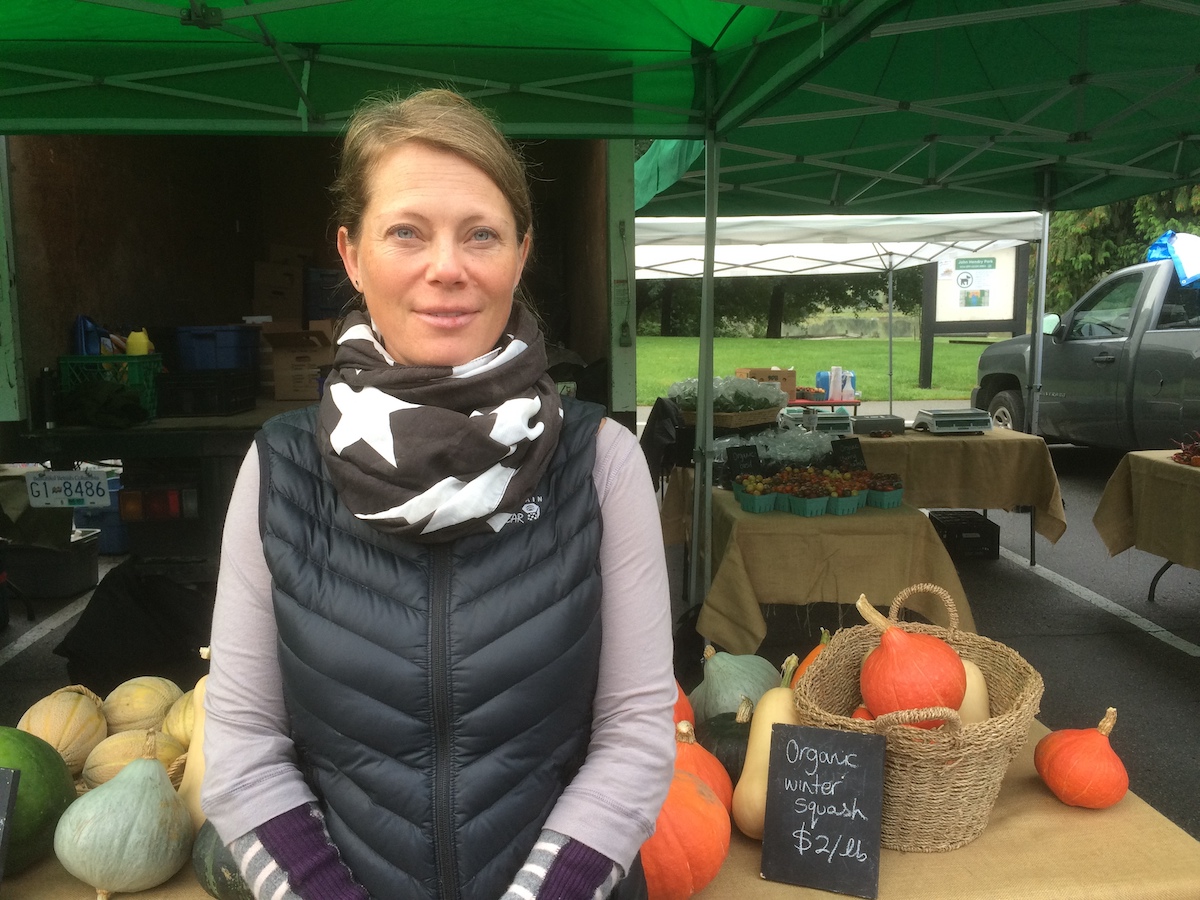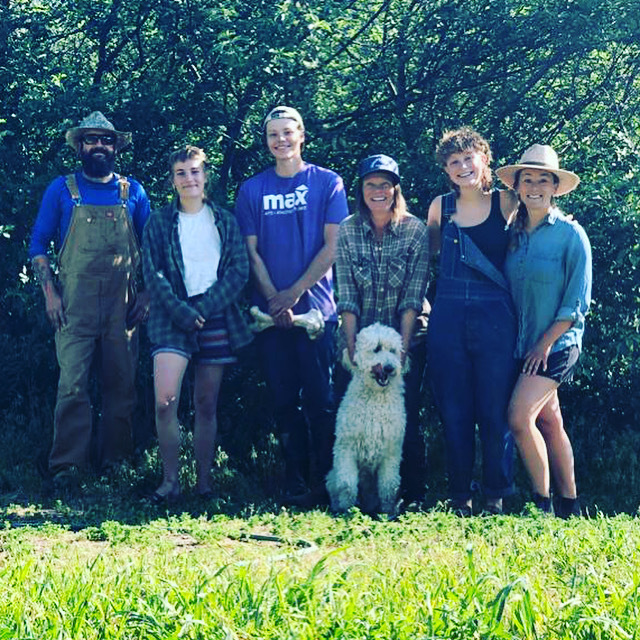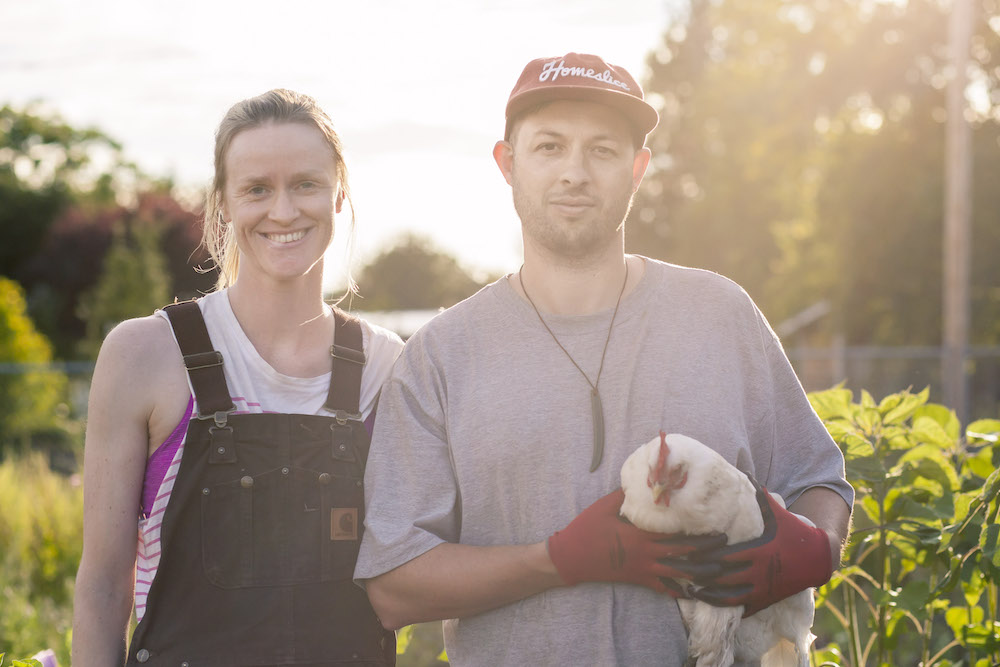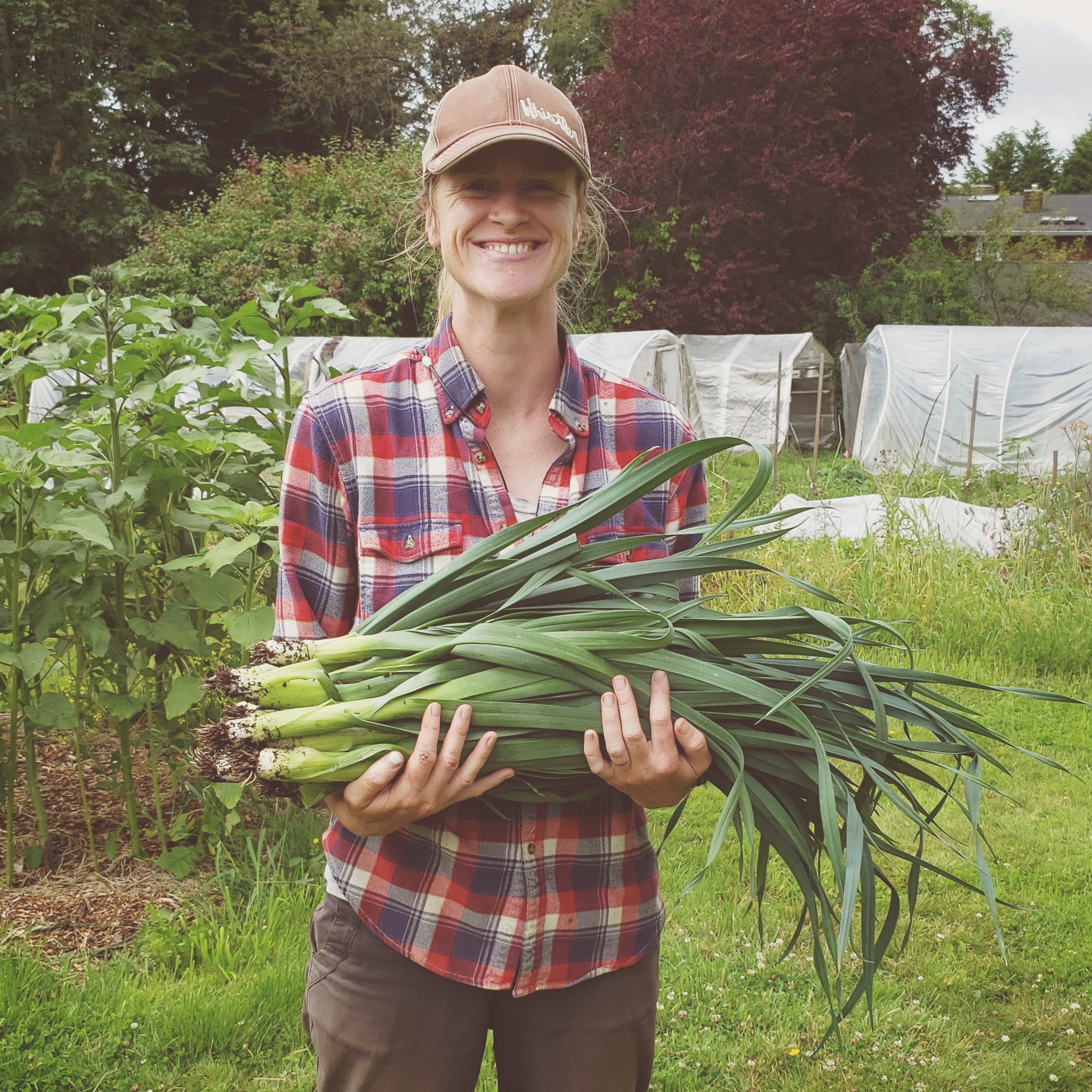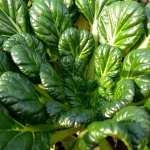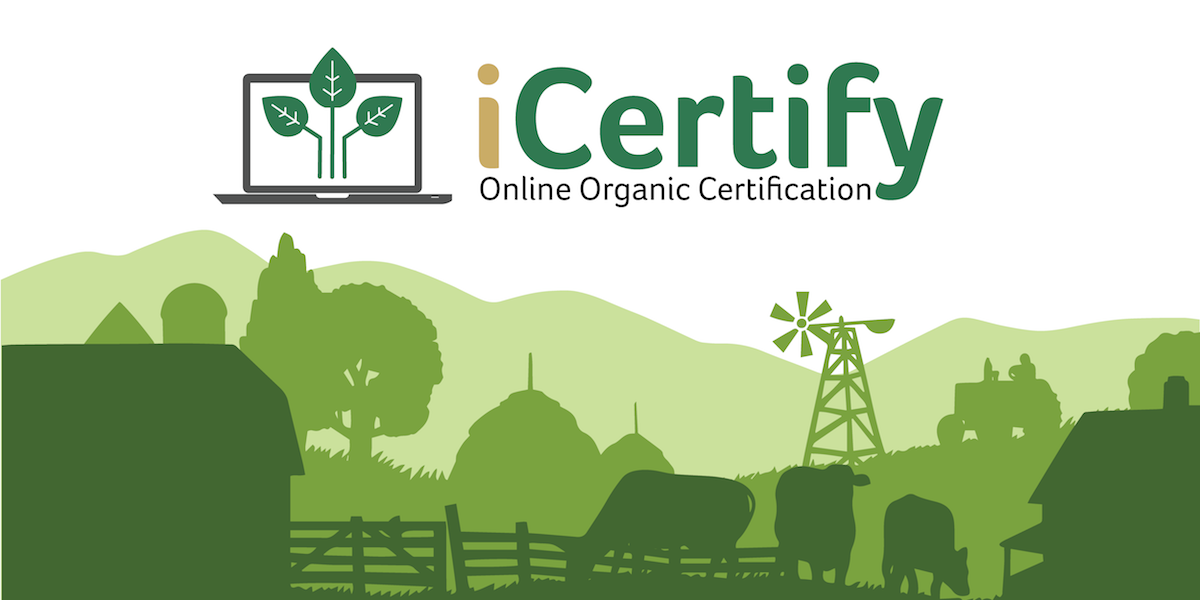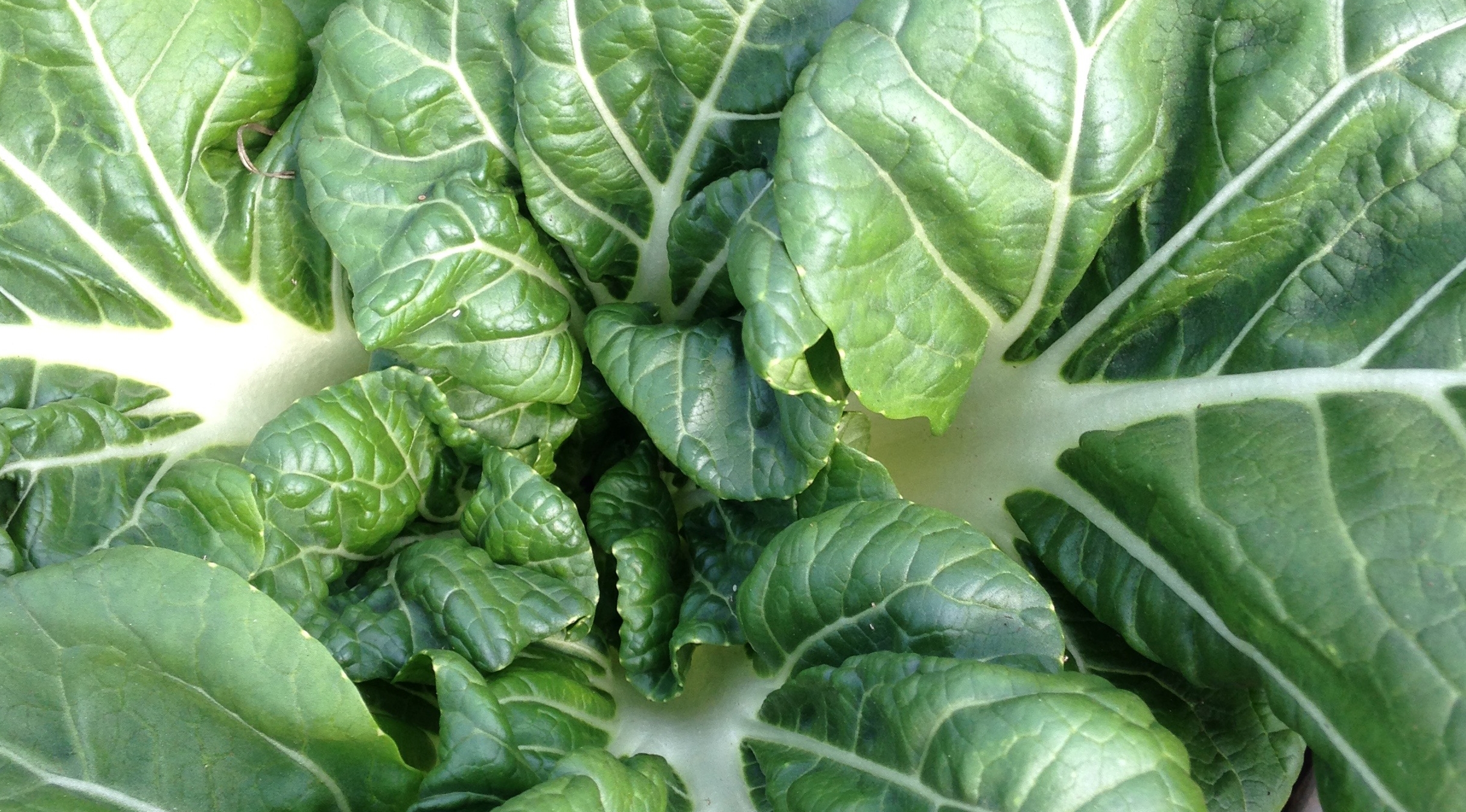Ag Tech Breaking Down Barriers
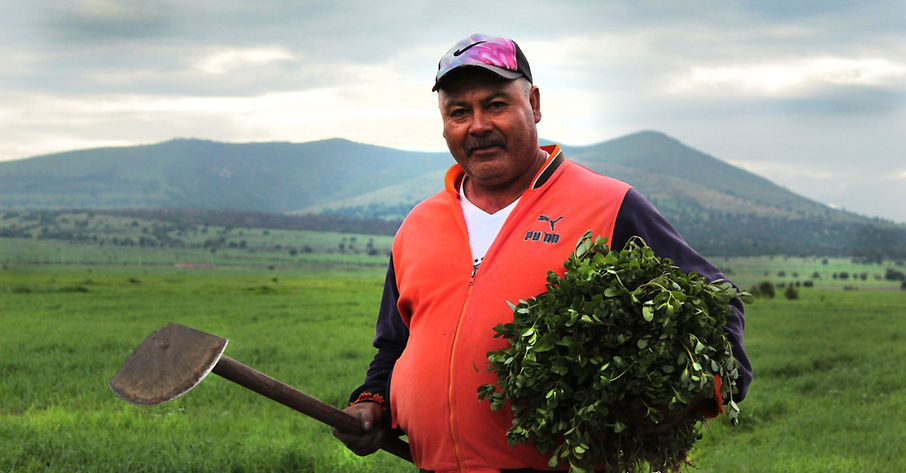
By Crystal Arsenault
Innovative technology for agriculture is all the buzz these days and farmers appear receptive to trying new things in an effort to increase their profits as well as make better decisions that support the mitigation of climate change. But, for many, the hard decision is which tech to invest in. Not only does new tech usually involve a financial commitment, but there is inevitably a time commitment as well—time taken away from farming to learn the new technology, set it up, then use it as part of your daily routine in order to hopefully gain some insights and benefits a year or so down the road. It can be challenging to determine which tech is best for your specific operation, and all too often money and time are spent only to discover that the program was built to sell you a product and doesn’t actually benefit you individually. Not all programs are created equally.
Luckily for farmers, many innovative products are now available with farmers and the environment in mind—and best of all, they don’t cost a dime. Two such tools are Organic BC’s online organic certification program, iCertify, and UBC’s farm management program, LiteFarm.
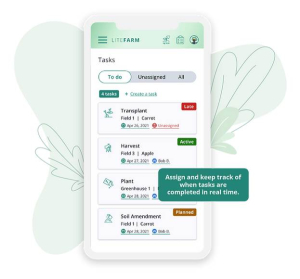
Both programs are helping to break barriers to organic certification and encourage sustainable farming practices. iCertify is now in its third year of use, with all regional Organic BC certifying bodies onboarded. LiteFarm has recently released an update that will directly benefit organic growers.
Record keeping has often been seen as a barrier to organic certification for many new operators. Sitting down for a little light reading of the Canadian Organic Standards while trying to find and purchase land as well as starting a new business is intimidating. iCertify walks new applicants through the certification process with a simple question and answer format. It includes a multitude of references to the standard for quick access to information that is relevant to your operation.
Additionally, iCertify provides premade record keeping templates. No more wasted time trying to design forms yourself that meet all the requirements. Available for download within iCertify and on the Organic BC website, these ready-made forms take the guess work out of certification. They help inform operators about the specific information they need to track in order to demonstrate compliance. At the same time, these templates provide the certification committee and verification officers a standardized version of the exact information they need to complete a comprehensive review.
But wait, it gets better yet. Imagine not even having to fill out the form yourself! LiteFarm has been developed with iCertify and organic certification at the forefront. Through a collaborative project with UBC, LiteFarm can now generate several of the standardized templates used in organic production. With one click your Seed Records, Input Records, product compliance documents, maps and more, are created, downloaded, and ready to upload directly into iCertify.
LiteFarm is a free, open-source farm management program designed for biodiverse operations and includes insights about on farm biodiversity, sustainable farm practices, profits, and even tracks labour cost per crop. To save time for busy farmers, LiteFarm has an extensive database of crop stats provided by researchers from UBC. Creating a crop management plan is as simple as selecting a crop and picking a seeding date. From there, LiteFarm will automatically create seeding, transplanting, and harvest tasks directly on your calendar To Do list. Additional tasks, such as soil amendments, preventative pest treatments, hand weeding, and more can be added at any time and easily assigned to farm workers. Multiple users including owners, supervisors, and farm workers each have individual role-based access. Users have the ability to see tasks that have been assigned to them, indicate in real time when they have been completed, log work hours, and leave notes about crop concerns, all on their mobile phones or desktop.
LiteFarm tracks seeding dates, amendment product use, dates and location, harvest, and quantity information, all easily accessible by verification officers when performing volume and traceback audits on any crop being managed at your farm.
Anonymous, aggregated data can be used to drive further research into the benefits of specific farming practices and help users quantify and analyze their own reliance on purchased inputs, labour, and more.
Designed for and by farmers, these tools are breaking down the barriers to organic certification and helping more farmers see the benefits of transitioning to regenerative organic management practices.
Crystal Arsenault is the technical advisor for Organic BC, UX designer and organic subject matter consultant. Having owned a certified organic farm as well as working in tech design, Crystal has a unique perspective on challenges faced by both industries as we attempt to unite the two in order to quantify sustainable farm management practices.


